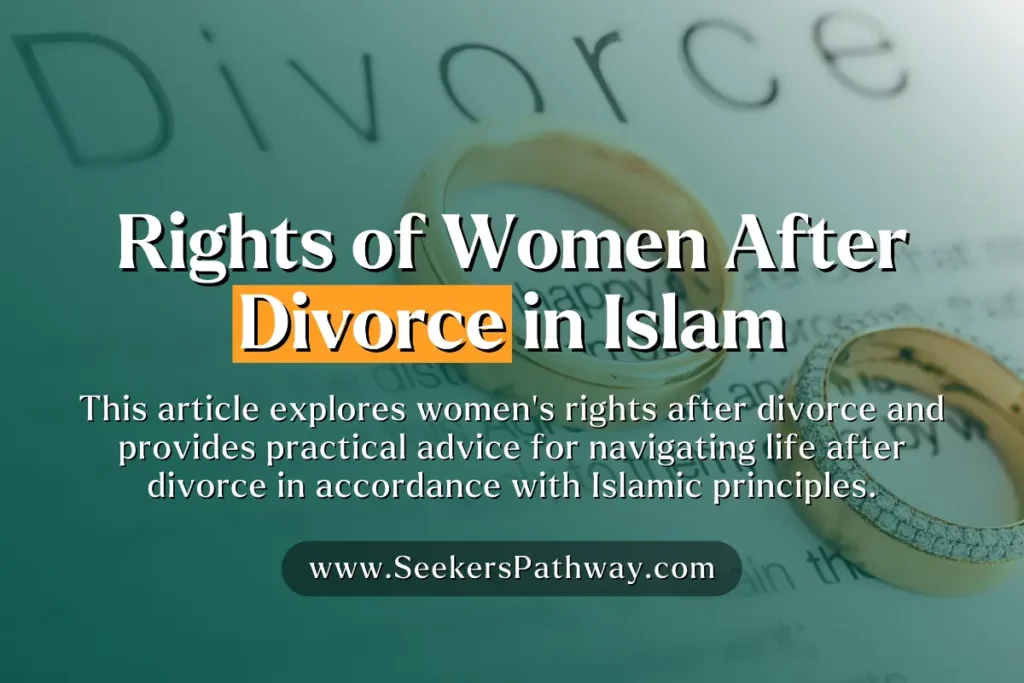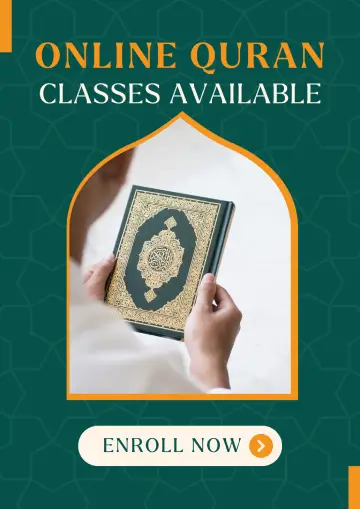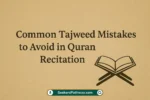Divorce, while often seen as a negative experience, is addressed with compassion and fairness in Islamic teachings. The rights of women post-divorce are clearly outlined in the Quran and authentic Hadiths, ensuring they are treated with dignity and respect. This article explores these rights and provides practical advice for navigating life after divorce in accordance with Islamic principles.
1. Financial Rights
(a) Mahr (Dowry)
One of the fundamental rights of a woman in Islam is her entitlement to the mahr (dowry) agreed upon at the time of marriage. The Quran states:
“And give the women [upon marriage] their mahr as a free gift.”
(Quran 4:24)
After divorce, the mahr is still due to the woman, and it is her right to receive it. This financial support is a recognition of her worth and serves as a form of security.
(2) Nafaqah (Maintenance)
During the iddah (waiting period after divorce), the husband is obligated to provide for his wife’s maintenance. This includes food, clothing, and shelter. The Quran emphasizes:
“Let a man of wealth spend from his wealth, and he whose provision is restricted, let him spend according to what Allah has given him.”
(Quran 65:7)
This provision is meant to ensure that the woman has a safe and supportive environment during this transitional period.
2. Right to Custody
Islamic teachings regard the welfare of children as paramount. When it comes to custody, the rights of the mother are significant. Generally, mothers have the primary right to custody of young children, as long as they can provide a nurturing environment. The Prophet Muhammad (peace be upon him) said:
“He is not one of us who does not show mercy to our children…”
(Sahih al-Bukhari)
In many cases, courts and Islamic authorities will prioritize the mother’s role unless there are valid reasons to determine otherwise.
3. Right to Emotional Support
After a divorce, women often face emotional challenges. Islamic teachings emphasize the importance of community support. The Prophet Muhammad (peace be upon him) encouraged Muslims to assist one another in times of need:
“The believers, in their mutual kindness, compassion, and sympathy, are like one body.”
(Sahih Muslim)
Women should seek support from family, friends, or community organizations. Surrounding oneself with a supportive network can aid in healing and recovery.
4. Right to Remarry
Divorce does not diminish a woman’s status in Islam. Women have the right to remarry after completing their iddah. The Quran states:
“And when you have divorced women and they have fulfilled their term, do not prevent them from remarrying their husbands if they agree among themselves.”
(Quran 2:232)
This highlights the importance of choice and autonomy, allowing women to pursue happiness and companionship once again.
5. Right to Education and Self-Development
Islam encourages women to seek knowledge and self-improvement. After a divorce, women should focus on personal growth, whether through education, career development, or spiritual enrichment. The Prophet (peace be upon him) said:
“Seeking knowledge is an obligation upon every Muslim.”
(Sunan Ibn Majah)
Women can use this time to build skills, pursue careers, and engage in community service, empowering themselves and enhancing their independence.

Real-Life Advice for Women After Divorce
Seek Guidance:
Consult with knowledgeable Islamic scholars or community leaders to understand your rights fully. They can provide personalized advice based on your situation.
Build a Support Network:
Reach out to family and friends. Engaging with support groups can also be beneficial for emotional healing.
Focus on Self-Care:
Prioritize your mental and physical health. Engage in activities that bring you joy, whether it’s reading, exercising, or pursuing hobbies.
Pursue Education:
Consider enrolling in courses that interest you or that will help advance your career. This can be a powerful way to regain confidence and independence.
Engage in prayer:
Engaging actively in prayer and the remembrance of Allah not only strengthens your relationship with Him but also helps you attain peace of mind. As Allah says in the Quran:
“Those who have believed and whose hearts are assured by the remembrance of Allah. Unquestionably, by the remembrance of Allah do hearts find comfort.”
(Surah Ar-Ra’d, 13:28)
This verse emphasizes that true tranquility and comfort come from remembering Allah, highlighting the profound impact of spiritual practice on our emotional well-being.
Final Words:
Islam provides a framework that ensures women’s rights are respected and upheld even after divorce. By understanding these rights and seeking support, women can navigate this challenging period with dignity and strength. Remember, in Islam, every end is a new beginning—an opportunity for growth, renewal, and hope.










